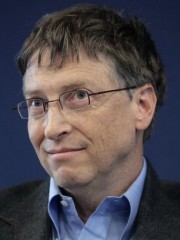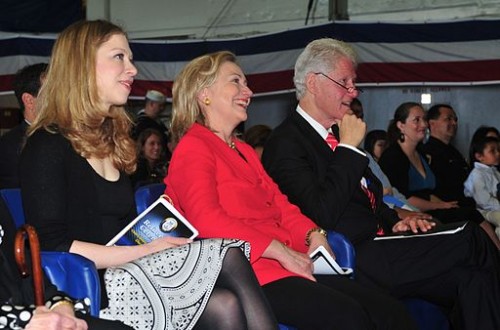In a powerful piece, David Rieff takes to task philathrocapitalism that imposes charity with the critic-free, non-democratic power that only hyperagents, like the Gateses, can afford.
n 1961, two and a half years after taking power, Fidel Castro gave a celebrated speech to the Cuban artistic and cultural elite that came to be known as “Words to the Intellectuals.” “What are the rights of revolutionary or nonrevolutionary writers and artists?” he demanded. Then, answering his own question with a particular focus on nonrevolutionary writers, he declared: “Intellectuals who are not genuinely revolutionary [must be allowed to] find a place to work and to create within the Revolution.” But even this freedom had its limits. 'Within the Revolution,' Castro thundered, 'everything goes; against the Revolution, nothing…no rights at all....'
"We’ve all taken our wishes for realities at some point in our lives. And for an activist multibillionaire, be it Gates, or George Soros, or Charles and David Koch, the temptation must be far greater than for those who will never be in a position to found powerful institutions dedicated to making their wishes come true. Gates, Soros, and the Kochs are what Matthew Bishop and Michael Green, in their 2009 book Philanthrocapitalism: How Giving Can Save the World, describe as “hyperagents”: “individuals who can do what it would otherwise take a social movement to do.” For hyperagents, Bishop and Green add, “richesse oblige” is “a driving spirit of philanthrocapitalism.”
"But “richesse” doesn’t just expect to oblige; it expects to be obliged as well."--David Rieff, The Nation






